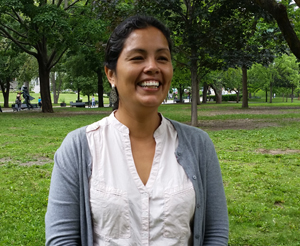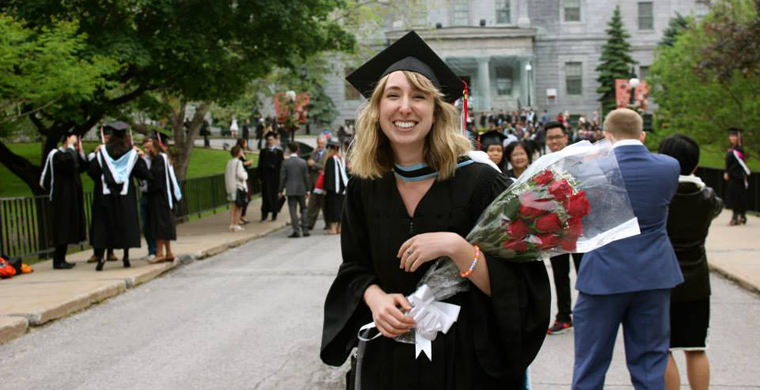 This year, the IHACC Annual Meetings were hosted by the Environmental Change Institute at the University of Oxford (IHACC Primary Investigators Dr. Ford and Dr. Berrang-Ford's alma mater) on May 27th to the 29th. The event was a great opportunity for team members form across regions to come together, be reflexive of what IHACC has achieved over the last four years, and work on a solid strategy for the project as it enters into its final year. Team members also had the opportunity to catch up, visit the many Colleges, gardens and meadows in and around the University, and have a taste of typical British foods.
This year, the IHACC Annual Meetings were hosted by the Environmental Change Institute at the University of Oxford (IHACC Primary Investigators Dr. Ford and Dr. Berrang-Ford's alma mater) on May 27th to the 29th. The event was a great opportunity for team members form across regions to come together, be reflexive of what IHACC has achieved over the last four years, and work on a solid strategy for the project as it enters into its final year. Team members also had the opportunity to catch up, visit the many Colleges, gardens and meadows in and around the University, and have a taste of typical British foods.
In attendance was the Project Management Committee (PMC) including Dr. Ford, Dr. Berrang Ford, Dr. Lwasa, Mr. Namanya, Dr. Llanos, Dr. Carcamo, Dr. Harper, Dr. Edge, and Ms. Maillet, Evaluating Indigenous Vulnerability and Adaptation Research (EIVAR) project lead Mya Sherman and her field assistant Tom Marcello, as well as two IHACC students from the University of Guelph Carlee Write and Kate Bishop-Williams.
The first day of the meetings consisted in a series of reflexive exercises in workshops led by Mya and Tom, the outputs of which will be used as part an evaluation of IHACC conducted in the context of the EIVAR project. Sessions included discussions of most significant change, defining success in IHACC, reflections on research design and community-based adaptation research, and lessons learned, among other things.
During the second day of the meetings, team members worked on planning the next steps, examining 'big' questions and opportunities for research touching on epidemiology, vulnerability and resilience, knowledge translation, and policy.
On the final day of the meeting, publishable outputs were discussed, as well as logistics for the final year.
The team has many great things planned for this final year, so keep a look out!









